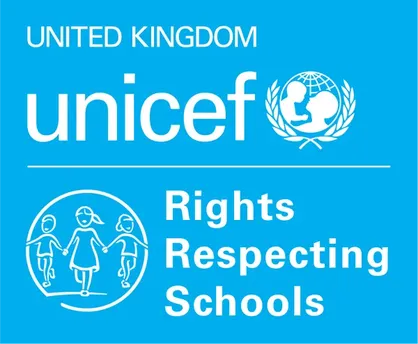The Right to Participation is one of the most important principles in becoming a Rights Respecting School.
Participation of children and young people is one of the General Principles of the Convention on the Rights of the Child as it plays a fundamental role in realising all the rights in the Convention for all children.
One of the relevant articles of the Convention that addresses the principle of participation is Article 12, the right to be heard. Article 12 says that every child has the right to express their views, feelings and wishes in all matters affecting them, and to have their views considered and taken seriously. This principle recognises children and young people as actors in their own lives and applies at all times throughout a child’s life.
There is also a wider group of rights (or articles) that address the right of children to participate and which influence our understanding of participation, including a child’s right to seek and receive information, to express their own views and to associate with others.
Participation of children and young people in Rights Respecting Schools
Children and young people play an active role in their school becoming rights respecting.
The Rights Respecting Schools Award provides a framework for pupil participation based on the Convention. Adults are encouraged to work with children and young people in an inclusive way to ensure that their views are heard and valued in decision-making. In Rights Respecting Schools, children understand that participation is a right, “an entitlement not a permission.”
The experience of participation should be relevant, informed, voluntary, safe, respectful and transparent. Children must not be pressured into participatory activities and independent advocacy support should be sought where appropriate. There is no minimum age at which children can participate and younger children should be offered appropriate support, in line with their evolving capacities, to play an increasingly informed and active role in the school’s life.
In Rights Respecting Schools, staff create an environment that is conducive to participation. A wide range of opportunities are provided for all children to become involved in decision-making in different contexts, including in governing bodies, staff appointments, curriculum planning and evaluating teaching and learning. Children and young people are supported to get involved and the impact of participation on policy development and outcomes for children is reviewed.
Participation is not a one-off, event-based undertaking or an end in itself but an overarching principle which builds a meaningful, effective and ongoing dialogue between children and staff. Children’s experience of participation is monitored and structural and systemic barriers are identified and tackled, for instance by challenging negative views which devalue children’s voices.
For children and young people, knowing that they have the right to be heard in decisions which affect them boosts not only their sense of security but also their self-confidence. This opens the way to developing and applying the skills, language and concepts that empower them to claim their rights and to advocate for the rights of children everywhere.
General Comment on the right to be heard
The Committee on the Rights of the Child, the body of experts that monitors the implementation of the CRC in all countries where the Convention has been ratified, has produced a General Comment on children’s right to be heard.



